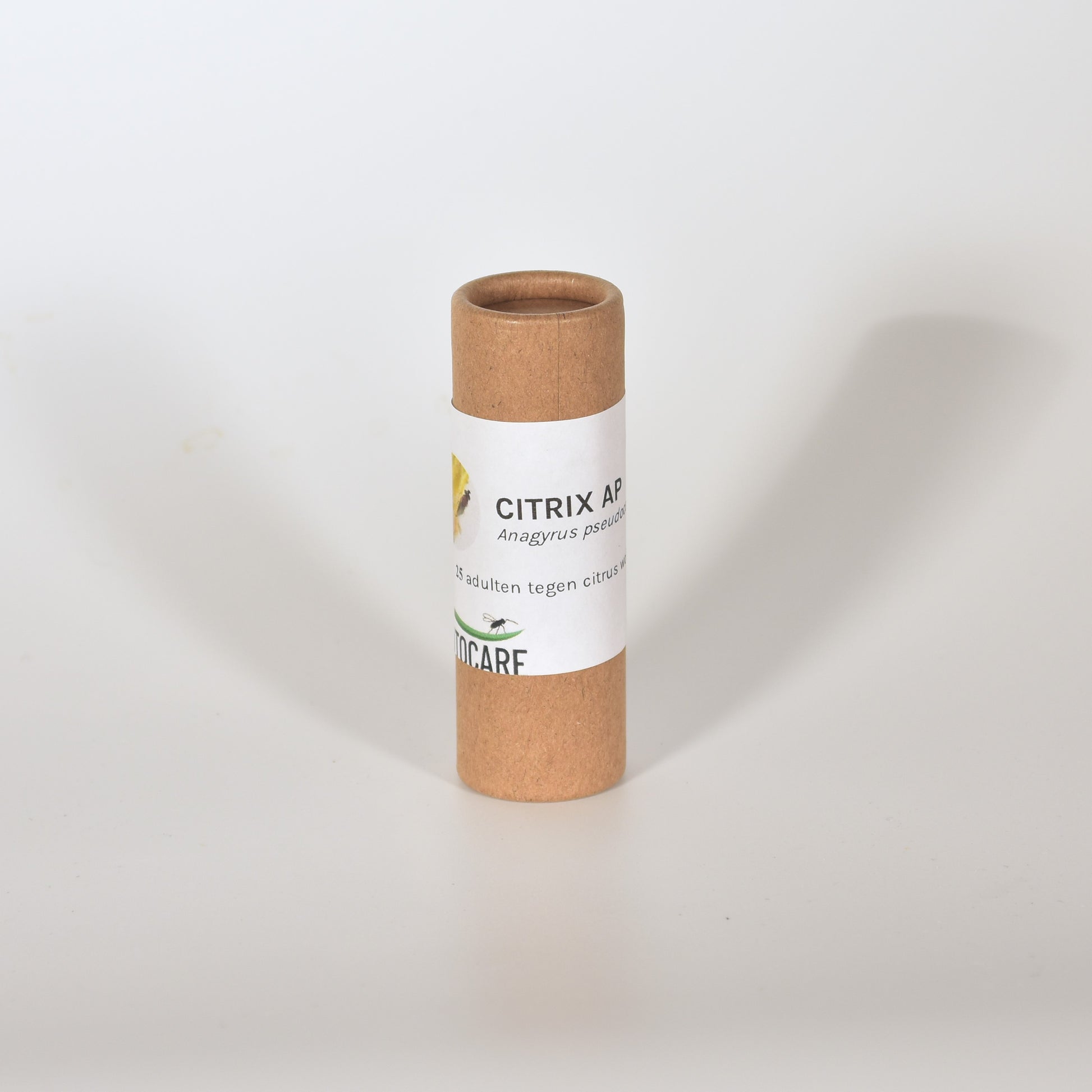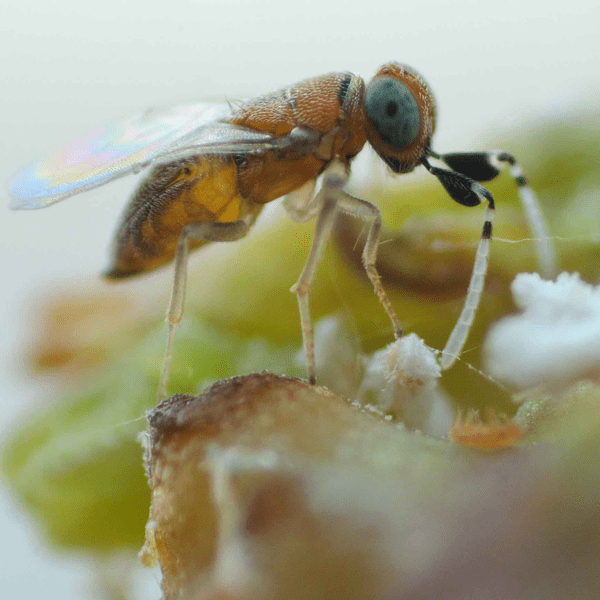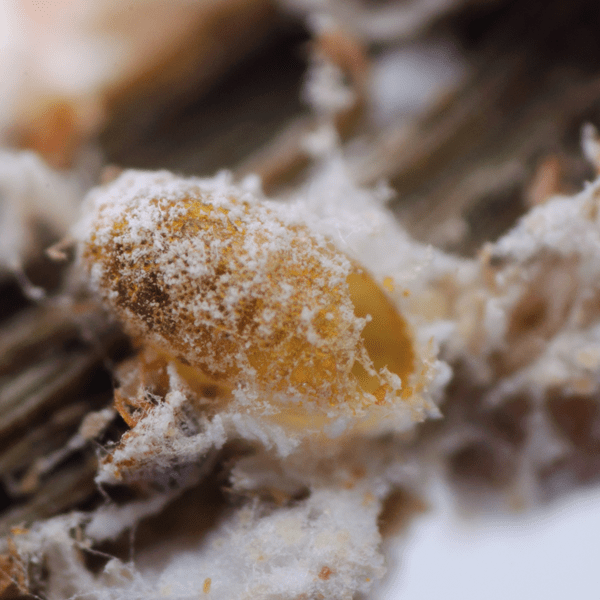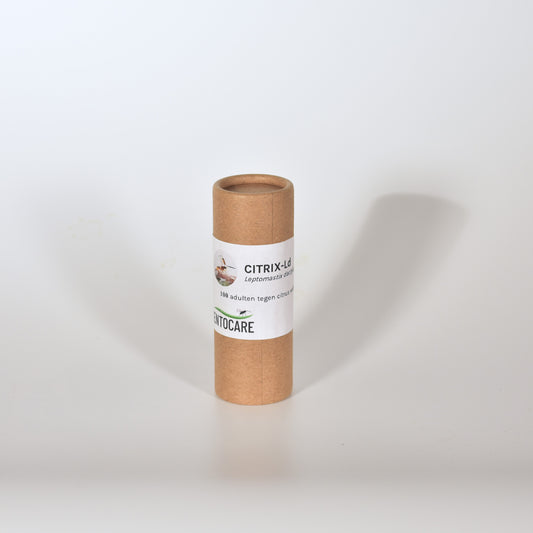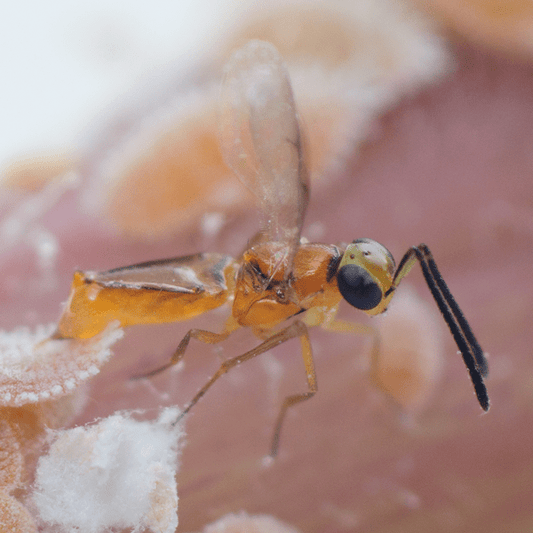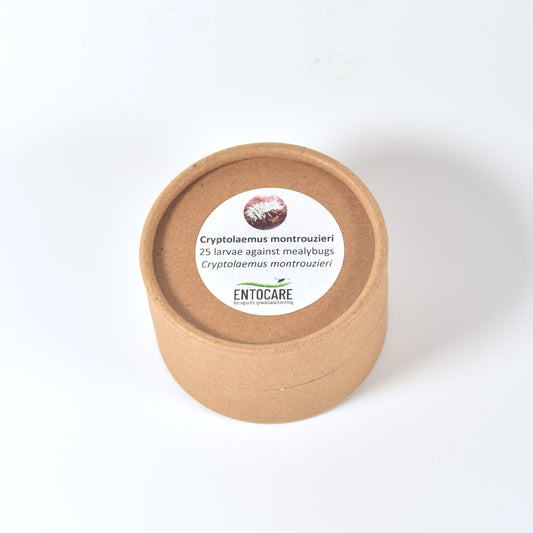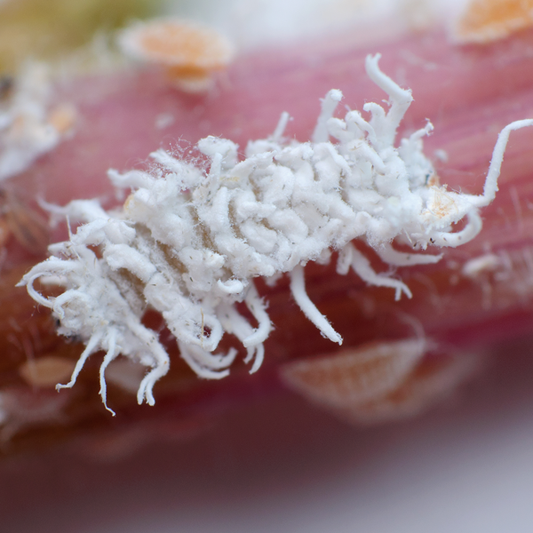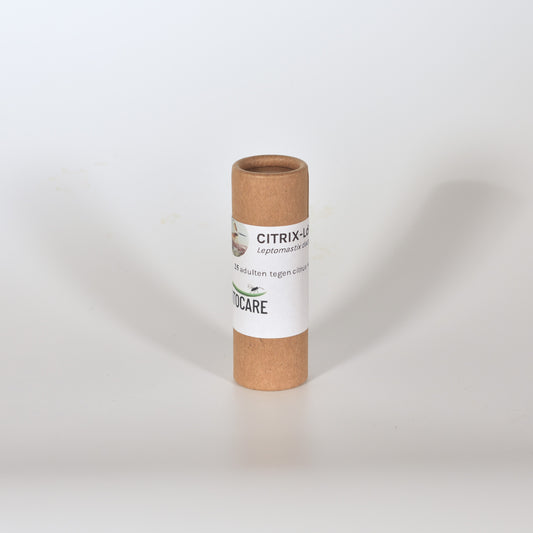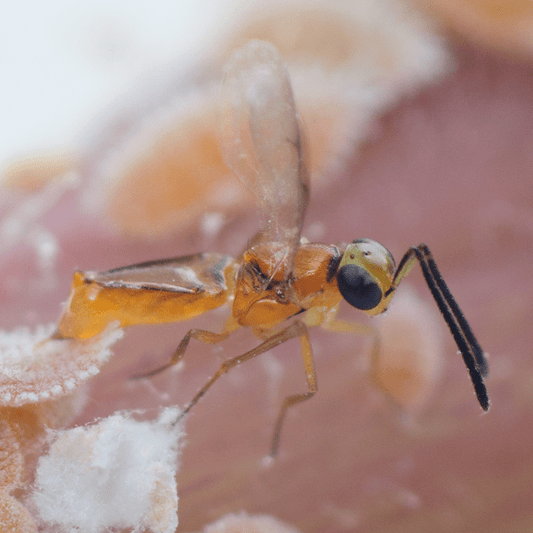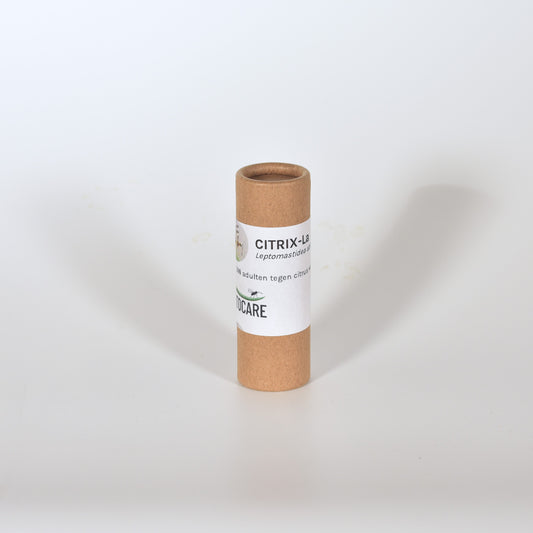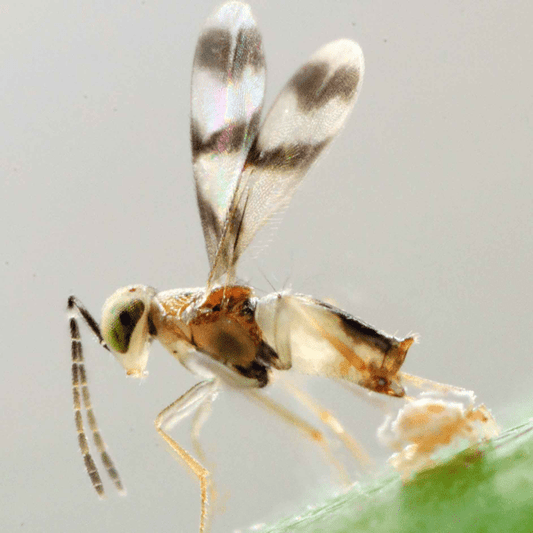Entocare
ANAGYRUS PSEUDOCOCCI - 25
ANAGYRUS PSEUDOCOCCI - 25
against mealybug
ANAGYRUS PSEUDOCOCCI is a parasitoid that can be used for the biological control of citrus mealybug. The product is suitable especially for use in greenhouses. After release, the parasitoids immediately start their search for a host. Adult parasitoids are available per 25 or 100 in a 40 ml container with shredded paper. ANAGYRUS PSEUDOCOCCI is only available for business customers.
Specificaties
Specificaties
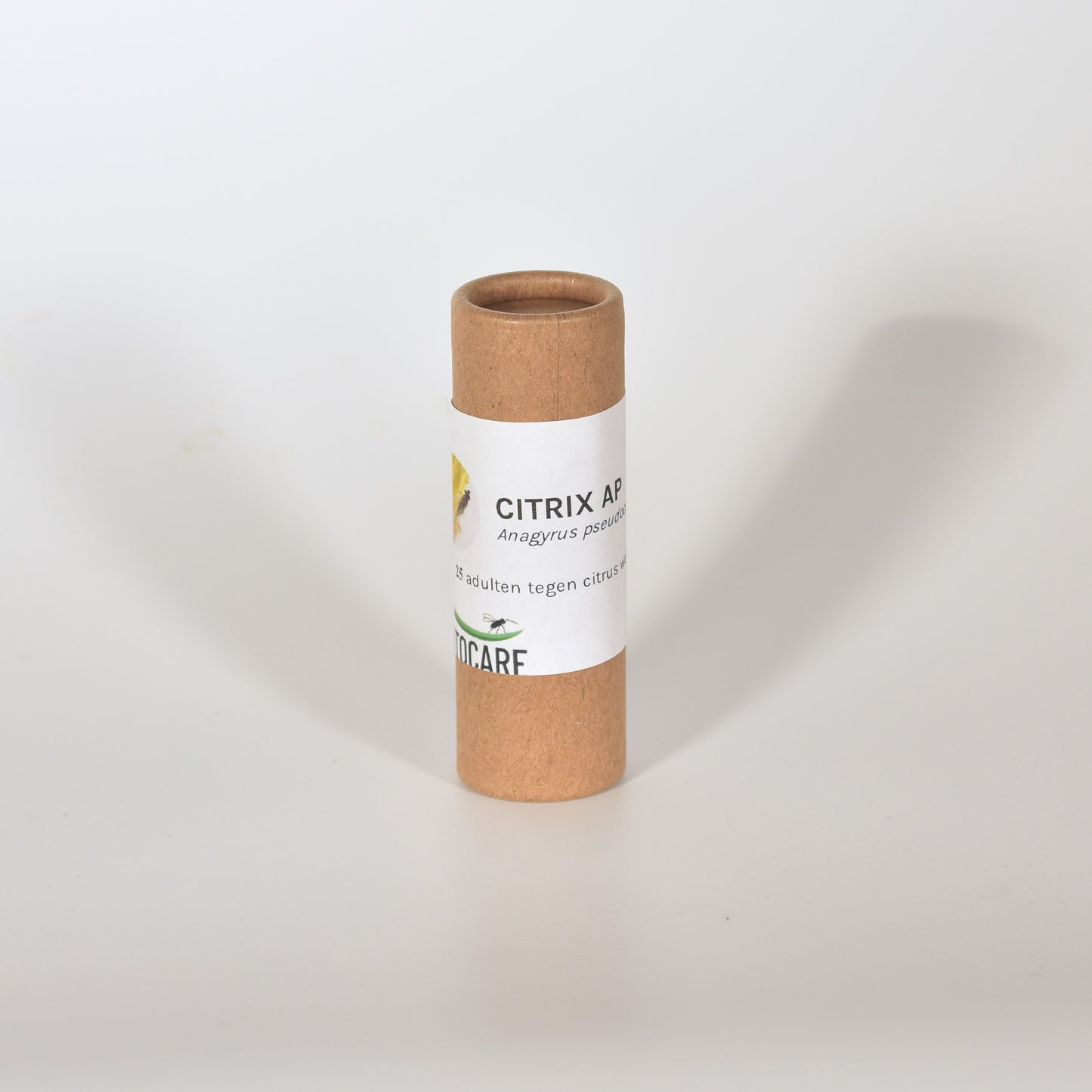
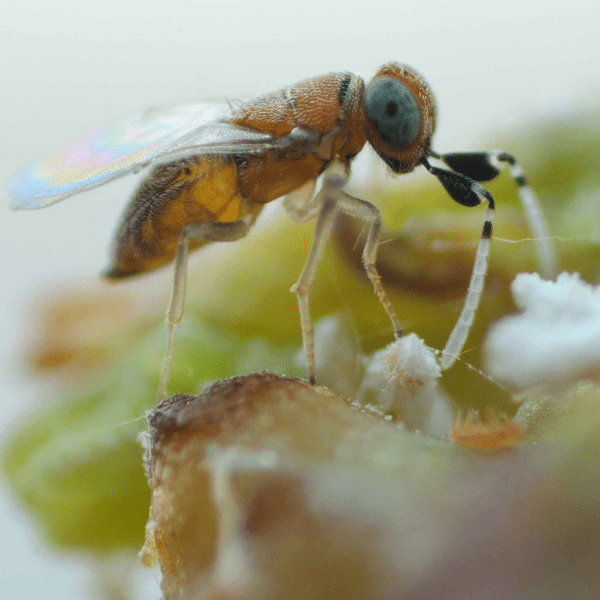
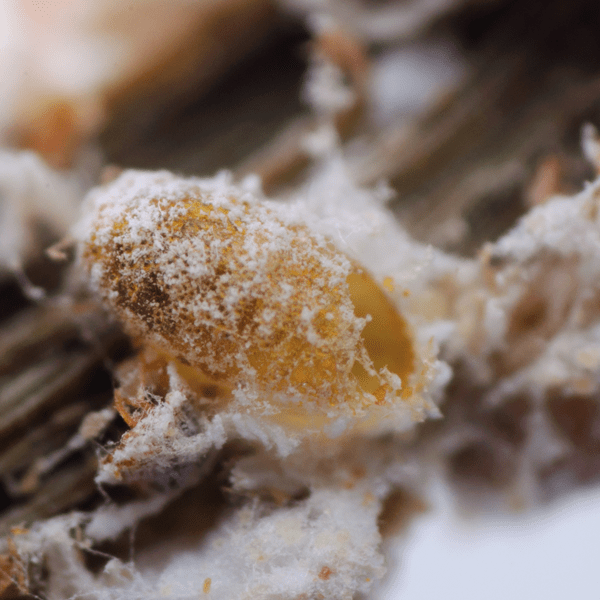
What is ANAGYRUS PSEUDOCOCCI?
ANAGYRUS PSEUDOCOCCI is a parasitoid that can be used for the biological control of citrus mealybug. In addition to citrus mealybug; ANAGYRUS PSEUDOCOCCI sometimes parasitixes other mealybug species. Males and females of the parasitoid have a different appearance. Females are yellow-brown with blue-grey eyes. Males are black and smaller than females. The basal part of the antennae of femake wasos is remarkably thickened and dark; while the rest of the antennae is white in color. This thickened portion is missing in males.
How does ANAGYRUS PSEUDOCOCCI work?
The female parasitoids search for average-sized mealybugs and parasitize them. They lay one egg per mealybug. After about three weeks; the parasitized mealybugs start to swell and turn into hard; yellow-brown mummies. After one more week; the young parasitoid emerges from the mummy through a hole in the side. The mealybugs die during the development of the new generation of parasitoids; which leads to a decrease in mealybugs. The new parasitoids immediately start to look for new hosts and the cycle repeats.
How to combine ANAGYRUS PSEUDOCOCCI?
This product is great in combination with the predatory beetle CRYPTOLAEMUS MONTROUZIERI or with the two other parasitoid species that control citrus mealybug: LEPTOMASTIX DACTYLOPII and LEPTOMASTIDEA ABNORMIS.
![]()
In greenhouses: March - August
![]()
T = 13 - 38°C, T optimum = 25°C
![]()
RH = 50 - 80%
![]()
indoor garden, hobby greenhouse, ornamental production
- Use 0,3 - 0,5 per m².
- Repeast the introduction three times with 2-3 weeks inbetween.
- Release at hot spots.
- Use this product directly after receiving it.
- Handle with care and do not shake.
- Open the small jar near the pest, either under or in the plant.
- The parasitoids will leave the small jar to look for the pest.
-
LEPTOMASTIX DACTYLOPII - 100
-
CRYPTOLAEMUS MONTROUZIERI larvae - 25
Regular price €13,50 EURRegular priceUnit price / per€0,00 EURSale price €13,50 EUR -
LEPTOMASTIX DACTYLOPII - 25
-
LEPTOMASTIDEA ABNORMIS - 100

